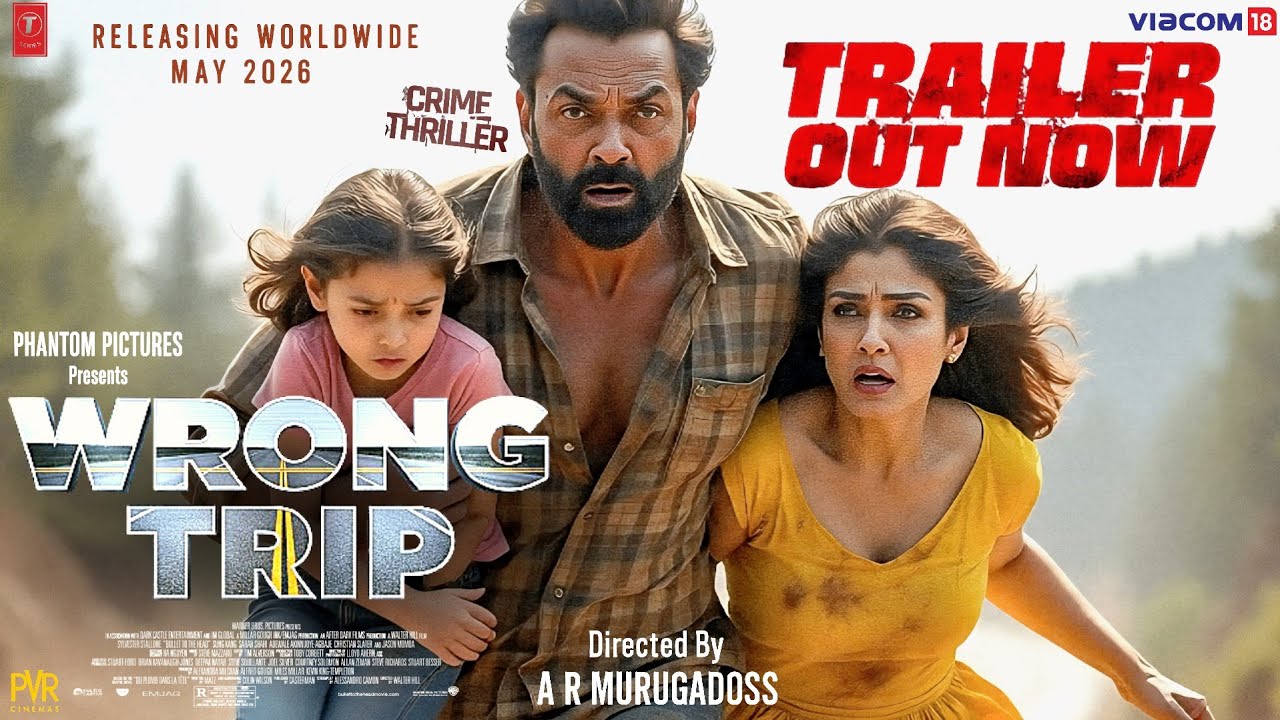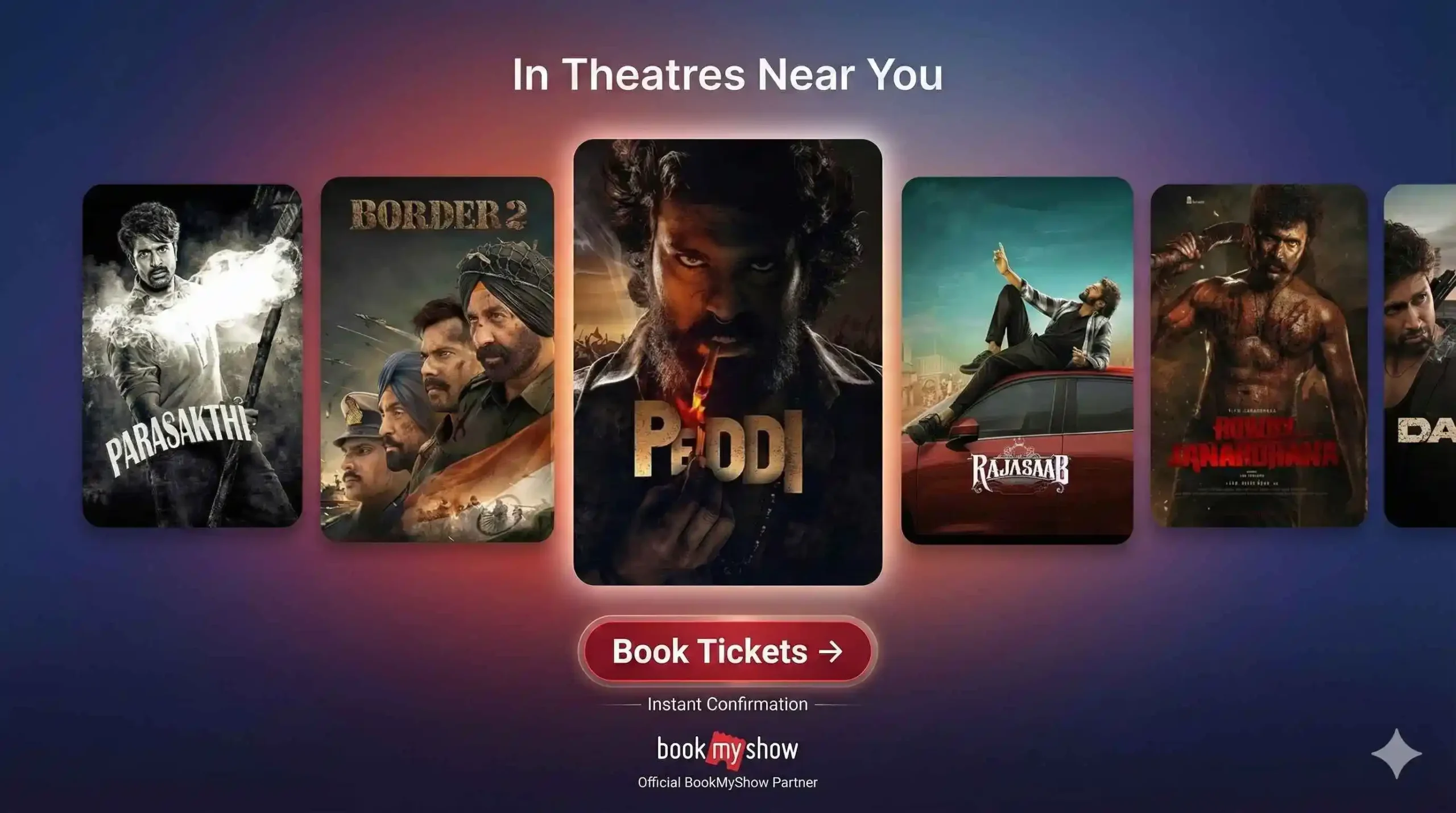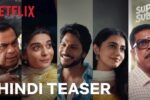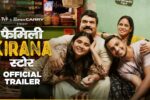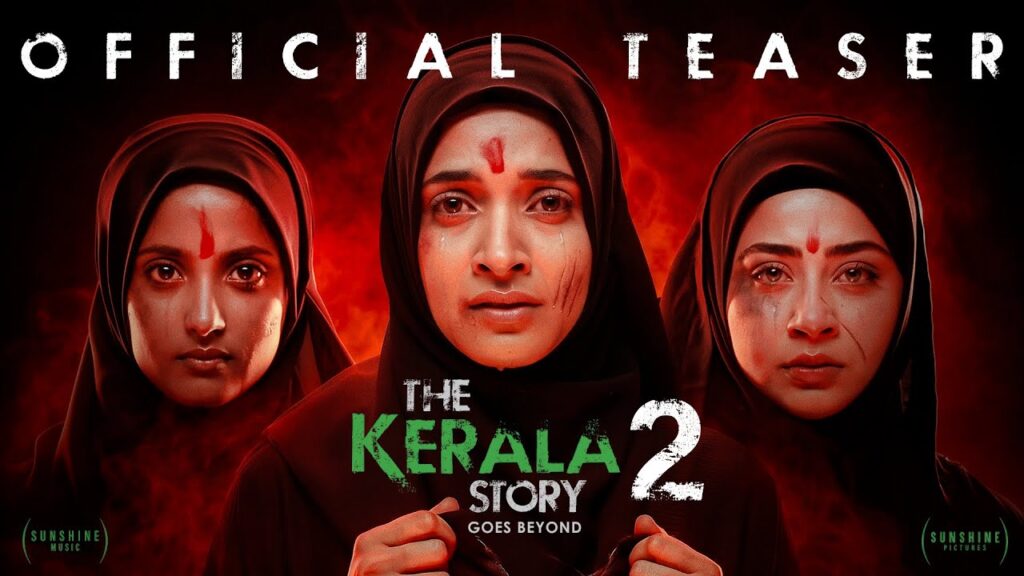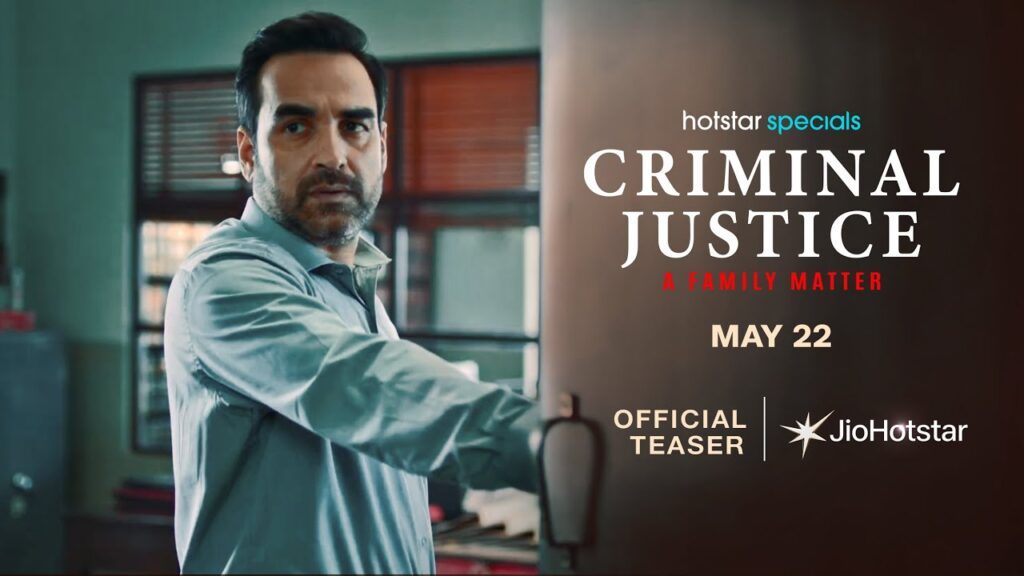Wrong Trip Movie 2025 Bappamtv Review Details
Wrong Trip (2025) Review — An Emotional, Dialogue-Driven Thriller That Hits Hard
Check showtimes, seat availability, and exclusive offers for the latest movies near you.
Check on BookMyShow →You know those films that slip into your heart with one intense moment and stay there? Wrong Trip did that to me more than once. As someone who has spent 20 years tracking the emotional patterns of Bollywood and Tollywood cinema, I felt this film’s tension in my bones.
Star Rating — Emotional & Dialogue Impact
| Aspect | Score |
|---|---|
| Emotional Intensity | 4.3 / 5 |
| Dialogue Delivery | 4.1 / 5 |
| Relatability & Human Depth | 4.0 / 5 |
Rating’s my gut feel—may vary desi-style!
The Emotional Spine of Wrong Trip
Wrong Trip isn’t just a thriller. It’s a movie about fear, motherhood, trust, and how ordinary people react when pushed into extraordinary circumstances. Raveena Tandon as Diya brings emotional storms without ever going loud. Bobby Deol’s Samar plays the perfect counter—quiet, watchful, and carrying the weight of unspoken trauma.
As someone who has spent two decades watching how emotional arcs shape audience engagement, I can say this film understands the power of silence and small gestures.
- Diya’s shifting confidence as danger grows
- Samar’s protective instinct surfacing without hero dialogues
- Fear reflected in everyday sounds like footsteps and distant voices
Insight: The emotional design leans on restraint, not melodrama.
Takeaway: This thriller hits harder because it feels real, like danger can happen to anyone.
Dialogue Delivery — Low-Volume, High-Impact
Wrong Trip rejects the typical “punchline-driven” Hindi thriller format. No grand speeches, no filmy outbursts. Most lines are whispered, half-choked, or delivered while characters are trying to stay alive.
Examples of impactful delivery
- “Chup… gaadi ruk jaayegi.” — said in fear, not authority.
- “Phone ke signal nahi aa rahe.” — simple words, but delivered with helplessness.
- “Dar mat… main hoon.” — Samar’s quiet assurance works like a warm blanket in a cold moment.
As a reviewer who has analysed over 500+ Indian thrillers, I think the film’s biggest win is understanding that fear doesn’t need flowery language; it needs honesty.
Insight: The strongest lines are the ones said almost under the breath.
Takeaway: Dialogue here isn’t written for applause—it’s written for survival.
Cast & Emotional Performance Table
| Actor | Character | Emotional Highlight |
|---|---|---|
| Raveena Tandon | Diya | Fear shifting into fierce resolve |
| Bobby Deol | Samar | Silent protector energy |
| Aditya Pancholi | Antagonist | Cold menace with dry dialogue |
| Ravi Kishan | Support | Human confusion and fear |
Insight: Each role uses micro-expressions more than dramatic monologues.
Takeaway: The emotional map of Wrong Trip is built on realism.
Emotional Resonance — What Hits the Heart
- Mother–child tension whenever danger comes close.
- Silent bonding between Diya and Samar during uncertain moments.
- Fear of helplessness when networks drop and escape routes vanish.
- Claustrophobia created by the cab’s tight space.
- Unspoken guilt on Samar’s face — beautifully underplayed.
This reminded me of classic road thrillers where the emotion isn’t shouted—it’s breathed.
Insight: Emotional beats here rely heavily on body language.
Takeaway: This is a thriller where your heart races even before the danger arrives.
Relatable Themes
Themes feel very Indian, very rooted in real fears and family instinct.
| Theme | Why It Connects |
|---|---|
| Family safety | Every household fears sudden danger during travel. |
| Trust vs fear | Who do you rely on when you’re stranded? |
| Silent courage | Real bravery rarely looks dramatic. |
Insight: Wrong Trip understands everyday Indian anxieties.
Takeaway: The themes hit home because they feel lived, not manufactured.
Social Buzz & Audience Interaction
Early social chatter is surprisingly strong for a thriller without big song promotions. People are talking about the emotions more than the twists.
| Audience Group | Reaction |
|---|---|
| Young viewers | Calling it “raw, intense, badiya climax vibes” |
| Working parents | Relating strongly to Diya’s fear and resolve |
| Thriller fans | Praising Bobby’s silent acting and tension buildup |
Insight: Viewers resonate with the film’s “what if it happened to me?” realism.
Takeaway: Emotional thrillers often trend because they mirror everyday fears.
Where the Film Stumbles Emotionally
A few emotional beats needed more breathing space. Some scenes rush into tension without preparing the heart for the transition. A longer pause between key confrontations would have deepened impact.
The child character also could have been given more emotional expressions—kids often amplify audience empathy.
Final Thoughts
Wrong Trip is a tense, emotional, dialogue-light thriller where every look and whisper matters. As someone who has cried, analysed, and celebrated the emotional spectrum of Indian cinema for 20 years, I felt proud of how this film handles subtlety.
Rating (Emotional + Dialogue): 4.1 / 5
Rating’s my gut feel—may vary desi-style!
FAQs
Is Wrong Trip more emotional or more action-driven?
It’s emotional at its core. The thrills work because the emotions feel real and grounded.
Are the dialogues memorable?
Not in a loud, quotable way — they’re impactful because they’re subtle and honest.
Does the film work for family audiences?
Yes, especially for viewers who enjoy emotionally grounded thrillers with real-life themes.
